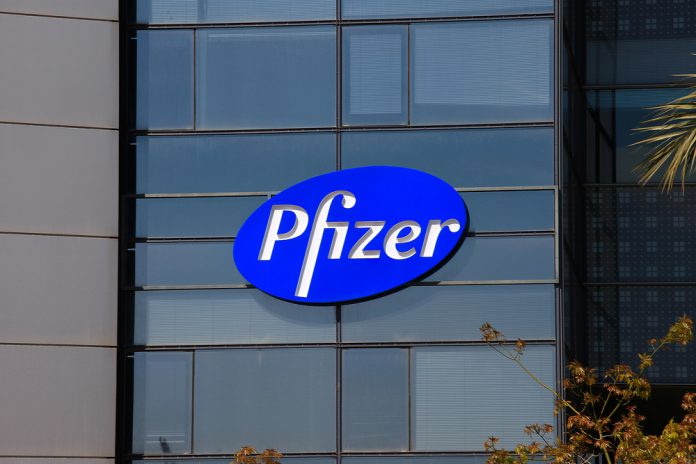The Competition and Markets Authority (CMA) have fined pharmaceutical company Pfizer (NYSE:PFE) a record-breaking £84.2 million following the company’s decision to increase the cost of the epilepsy drug by 2,600%
The cost of the phenytoin sodium capsules jumped from 2.83 pounds for 100mg to 67.50 in 2012, before reducing to 54.00 from May 2014.
The NHS had no choice but to increase its national spend on the pills from £2 million in 2012 to £50 million in 2013. A refusal to pay would have increased the risk of seizures in patients – who should not switch to other products.
“The companies deliberately exploited the opportunity offered by debranding to hike up the price for a drug which is relied upon by many thousands of patients,” Philip Marsden, chairman of the CMA’s case decision group, said on Wednesday.
“This is the highest fine the CMA has imposed and it sends out a clear message to the sector that we are determined to crack down on such behaviour.”
The increase in price occurred due to the company Pfizer manufacturing and distributing the drug, which was branded Epanutin. Pfizer then sold the rights to distribute capsules to Flynn Pharma, who de-branded the drug. This de-branding allowed firms to charge much more because it was no longer subject to a pricing scheme agreed between the NHS and the drugs industry.
The CMA have fined the distributor Flynn Pharma £5.2 million for their role in the overnight increase in price.
The firms have been given between 30 days and four months to decrease the price to a level deemed acceptable to the CMA.
“On behalf of taxpayers and the NHS we must ensure that we get the best possible value for money… All the money saved will be reinvested in the NHS to help provide the highest quality of care for patients” said Health minister Lord Prior of Brampton.
Pfizer have said in a statement: “Pfizer refutes the findings set out in the Competition and Markets Authority decision. In this transaction, and in all of our business operations, we approached this divestment with integrity, and believe it fully complies with established competition law.
“Phenytoin capsules were a loss-making product for Pfizer and the Flynn transaction represented an opportunity to secure ongoing supply of an important medicine for patients with epilepsy, while maintaining continuity of manufacture.
“Pfizer believes the CMA’s findings are wrong in fact and law and will be appealing all aspects of the decision.”

